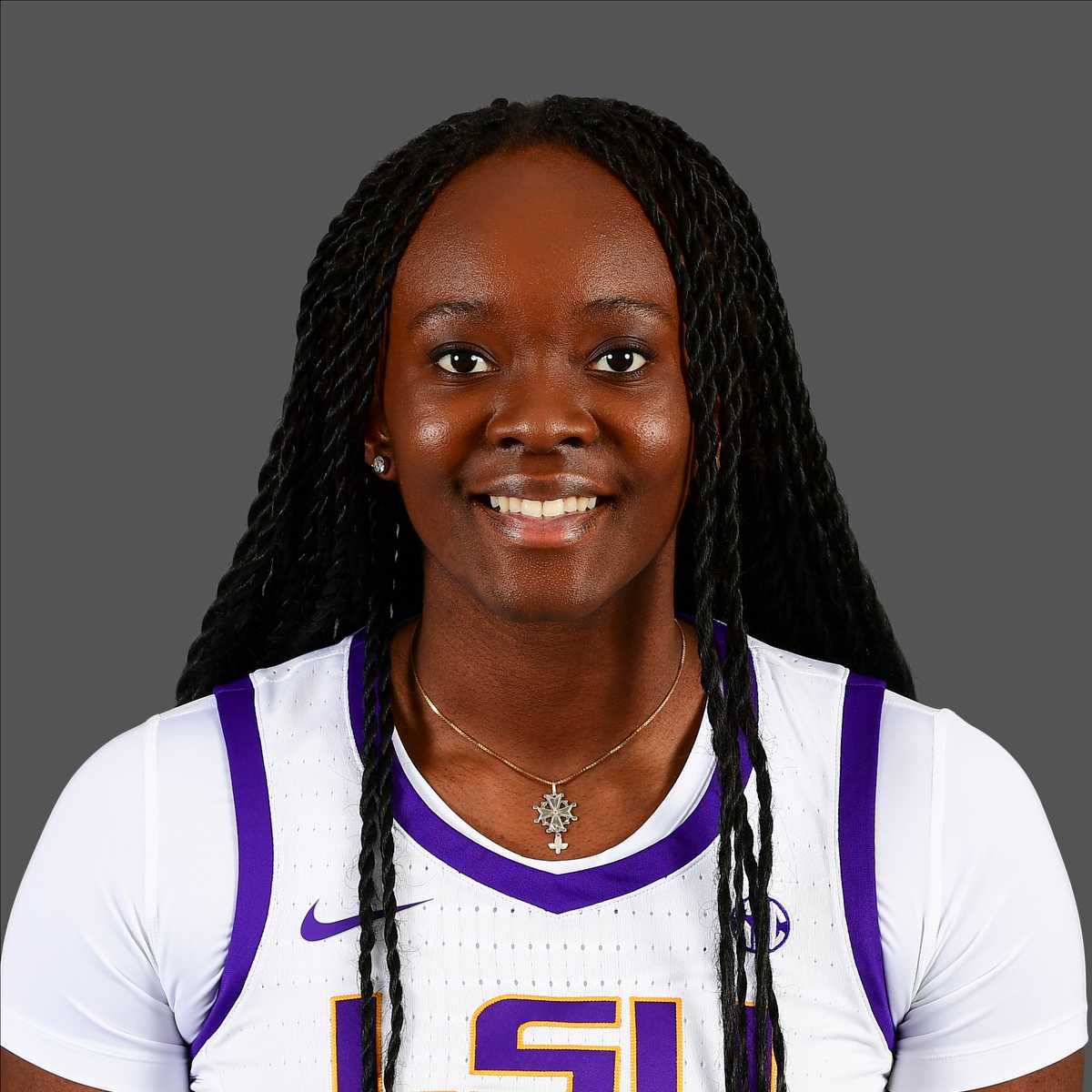Sarah Shematsi didn’t start playing basketball until she was nine years old, much older than most of her teammates on the 2016 FIBA 3×3 U18 European and World Championship-winning team did.
“I started at nine, but some of my ex-teammates started as early as five,” Shematsi said. “In France, basketball is a huge thing. Not as big as football (soccer), but almost.”
Shematsi won a gold medal in 2016 when her team came out on top in the aforementioned FIBA 3×3. While the tournament wasn’t thought of as a big deal in France at the time, Shematsi and her teammates knew they wanted to go for it all after getting a look at their competition.
“My mentality was, ‘it was an experience at first’, but it turned out the other teams were really good, so we just went for it. We just had a really good team, and it was a really good experience.”
Fast forward two years, and Shematsi found herself playing the sport she loved at the junior college level. In two seasons at South Plains College in Texas, she averaged 12.9 points, 5.2 rebounds and 2 assists per game.
The problem? JUCO was never in her plans.
“For some reason I had to go there (South Plains), and it turned out I learned a lot of things. In JUCO, people play really hard, and it’s mentally exhausting. It was a really good experience, and it taught me a lot.”
“JUCO is not a bad thing. If you go there, there’s a reason,” she said.
After her two seasons at South Plains came to an abrupt and unfortunate end due to COVID-19 last March, Shematsi set her sights on LSU, the school where she wanted to play all along. As the seventh-ranked junior college prospect nationwide, Shematsi garnered attention from other top schools, but her desire to play in Baton Rouge never wavered.
“At first, I immediately wanted to come here (to LSU),” she said.
“There were a lot of Universities that contacted me, so I went on visits. But then when I came to LSU, I was like ‘yeah, that’s it’.”
It’s been a tough time for all of us since March. Like we all were, LSU women’s basketball coach Nikki Fargas was forced to navigate a new normal for her team. She held weekly Zoom calls over the summer to build chemistry and keep her team together when they couldn’t be together on the court.
“It was seven o’clock in the morning in Australia, and then it was eleven o’clock at night in France,” Fargas said of the calls. “But that was the one time we could really get everybody together.”
Shematsi added the players had psychologists available to them to conduct exercises with the team to keep them engaged and grow their bond during their time apart.
“When we came back together, it was a little weird because we had only seen each other through Zoom. But now, the team is good together.”
With essentially unlimited time to herself over the summer, Shematsi spent most of it working on improving her game.
“I’m a shooter. I can shoot from deep, so I bring that. I’m trying to get better at going in the paint and my mid-range shooting. I’m working hard. I’ll bring everything I got.”
Earlier this offseason, Fargas said to keep an eye on Shematsi and that she was excited about the transfer student. She praised her new coach and said the feelings of excitement are reciprocated.
“I think she’s seen what I’ve done before. Even my gold medal, everyone knows I’ve done stuff, but I’m the type of person that wants to prove myself in the moment. I want to show people I’m good right now, and (coach Fargas) understands that. She’s good at valuing people at how much they work, and we appreciate that from her. I can’t wait to start this season. It’s all about the team. I’m not even thinking about it individually; I want to do what’s best for the team.”
In a college basketball season like no other we’ve seen before, the team that can overcome adversity the best may be the one that comes out on top. Shematsi has her fair share of just that, and it has brought her to where she is today.
“If I didn’t go there (JUCO), I wouldn’t be where I am today. I’m thankful for South Plains.”



